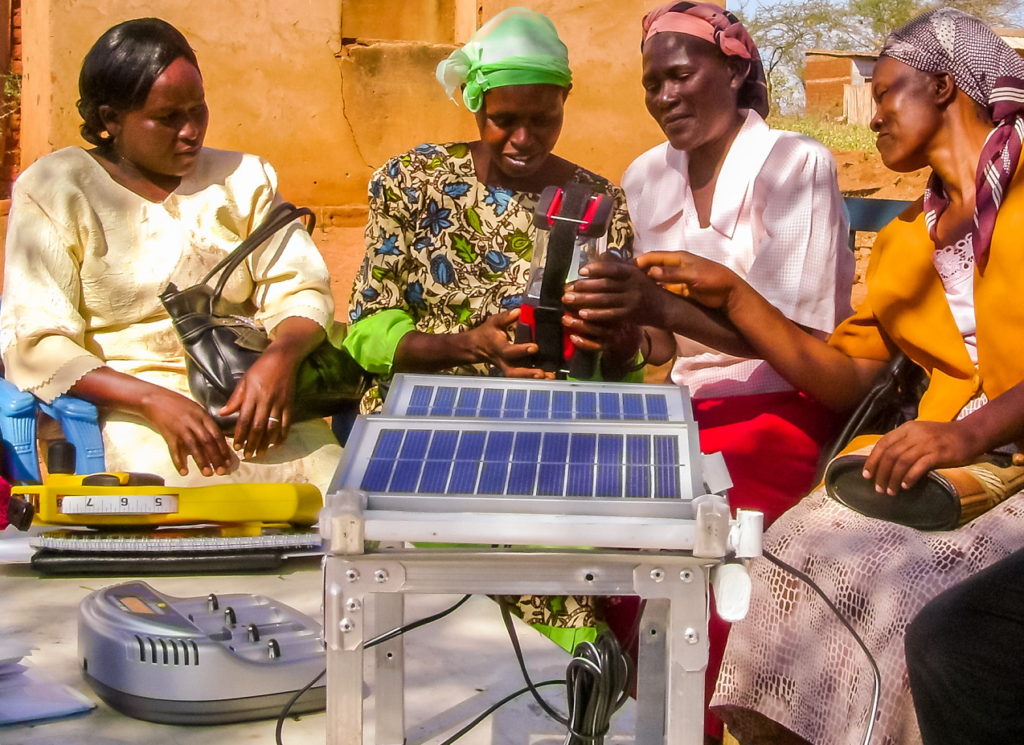- 15.04.2024
- Ecological justice
- Array
15 April, 2024 – Amsterdam/Dakar/Nairobi
- The current approach of MDBs to leverage private sector financing to boost its lending capacity as part of the “bigger bank” recommendations of the G20 risks derailing development outcomes in pursuit of private profits.
- MDB conditionalities, policy and technical advice continue to disregard the high levels of indebtedness and low fiscal space for developing economies by pushing countries to implement austerity measures to repay debts instead of allowing them to pursue their own energy transition and poverty reduction objectives.
- The continued push for a “bolder bank” steers the MDB reform process to undermine accountability standards by delegating financial decision-making authority from government shareholders to MDB management. Further, G20 recommendations to make greater use of country systems and streamline (i.e. bypass) safeguarding standards also risks incentivising a race to the bottom in terms of environmental and social protection measures.
- The reform agenda’s lack of attention to fossil fuel phaseout allows MDBs to continue financing coal and gas via direct and indirect investments because of persistent loopholes in MDB policies.
- The incessant focus of tripling renewable energy finance by 2030, while a welcome development, leads to a systematic neglect of the impacts of large-scale clean energy infrastructure and the rise of extractive green industries and false solutions.
- Current MDB reform discussions are gender-blind and risk exacerbating existing gender inequalities, and expose the lack of a structural gender lens on development and climate crises.
A new briefing paper published by Recourse, The Big Shift Global Coalition, Trend Asia and Chrisitan Aid calls out the private sector-driven “Bigger, Bolder, Better” MDB (Multilateral Develpoment Bank) reform agenda. The MDB reform process has evolved in the past years with the G20’s review proposing the “Better, Bolder, Bigger” Banks framework – the so-called triple agenda. This was echoed by World Bank President Ajay Banga during the International Monetary Fund and World Bank Group (IMF-WBG) Annual Meetings in Marrakech in 2023 when he called for the WBG to become “better and bigger” in order to address global challenges such as climate change, poverty, and pandemics.
MDBs however have long pursued a private-sector first approach by increasing the private sector’s involvement in development finance, despite clear evidence that blended finance initiatives and other attempts to mobilise private capital have had very limited success to date. The framework of “bigger” and “better” MDBs therefore operates on wrong presumptions. By framing the MDB reform process within the ambit of private sector-led development, MDBs risk limiting the reform agenda towards the same business-as-usual direction that prioritises private sector profit over people’s rights and welfare and exacerbates existing inequalities in the Global South.
This briefing paper looks at some of the most important red flags in the current way MDBs operate and explains why doubling down on this private sector-first approach in the context of MDB reform is perilous for both people and planet.
Rather than fostering interventions that genuinely address the development and climate crises, this private-sector-first approach perpetuates a cycle of dependency on market forces that prioritise short-term gains over long-term sustainability and resilience. In this regard, we urge MDBs to:
- Move away from blended finance, as public money should prioritise those projects that would otherwise hardly receive any funding and serve community interests.
- Focus on providing grants-based and highly concessional financing.
- Guarantee higher standards of accountability and transparency, and ensure affected communities’ right to remedy when projects cause harm.
Stop support for fossil fuels, including captive coal and fossil gas. - Invest in transformative, modern and renewable energy systems and ensure clean energy and energy access investments comply with scientific and social and rights-based criteria in Recourse’s renewable energy methodology.
- Ensure a comprehensive and structural gender lens approach to the MDB reform process.
- Democratise economic decision-making within MDBs.
The goal of the MDB reform process should not be to strengthen the MDBs’ ability to raise capital or leverage private sector finance, but rather to strengthen measures to ensure MDBs are delivering on the urgent development and climate needs of the global south while guaranteeing protections and safeguards for affected communities. The MDBs must rethink their approach to what a “Better, Bolder and Bigger” bank means: this entails deep and systemic reforms to the way MDBs operate including democratising decision-making so that the global south have more voice and participation, ensuring a focus on development, stronger accountability, stopping all forms of support for fossil fuels, shift to transformative and genuine renewable energy solutions and addressing gender-based and demands in the energy transition.
Read the report here.

